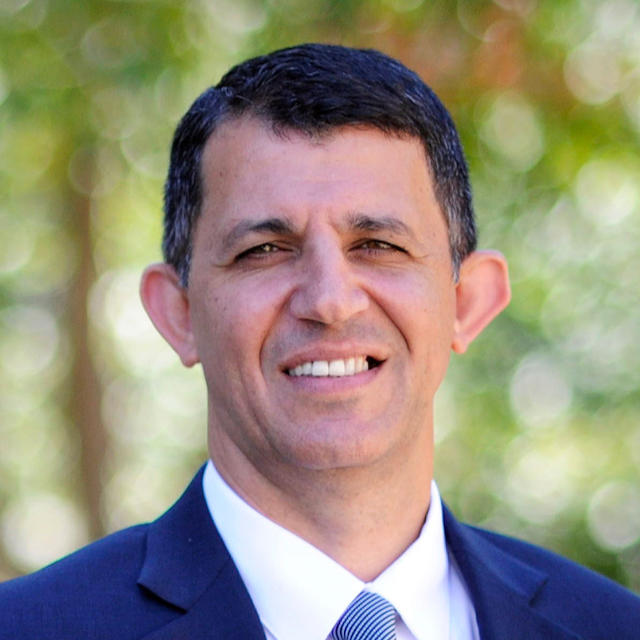Date:
Location:
 Akram Alshawabkeh, PhD, PE
Akram Alshawabkeh, PhD, PE
University Distinguished Professor and Snell Professor of Engineering
Department of Civil and Environmental Engineering, Northeastern University
Director, PROTECT Superfund Research Center
Join via Zoom
Dr. Alshawbkeh's research interests include geoenvironmental engineering, soil and groundwater remediation; electrokinetic and electrochemical processes; contaminant fate and transport environmental restoration. His talk will focus on the PROTECT Superfund Research Center and the water purification technology being developed in the Center's Project 4." PROTECT Center overview:
The PROTECT Center focuses on studying and reducing the impact of exposure to contaminant from Superfund sites in karst regions on adverse pregnancy outcomes in Puerto Rico’s underserved, highly-exposed population.
The PROTECT Center was established in 2010 and has built a scientifically sound, logistically strong, interdisciplinary and multi-institutional infrastructure that makes it uniquely prepared to conduct Superfund contamination research in Puerto Rico.
PROTECT integrates studies on (1) biomarker epidemiology (Project 1), (2) toxicity (Project 2), (3) fate and transport (Project 3), and (4) treatment of contaminated water (Project 4).
Project 4 is developing a low-maintenance and self-cleaning electrochemical water purification technology. A novel electro-Fenton (EF)-like Electrochemical Advanced Oxidation Process (EAOP) is coupled with sorption using practical, cost-effective, environmentally friendly carbon-based porous cathodes. The motivation for this work is the need to provide clean water to communities near Superfund sites in Puerto Rico that lack access to clean water after the devastation of Hurricane Maria in 2017, as well as the need for a water treatment technology that can be used in rural areas.